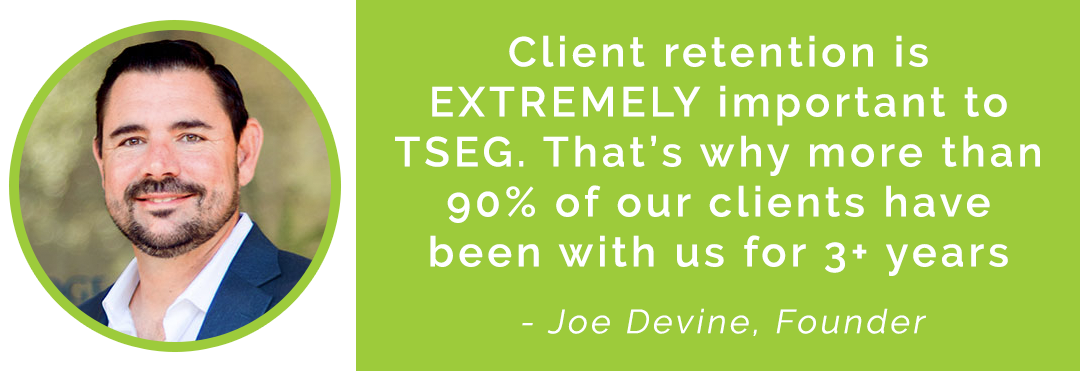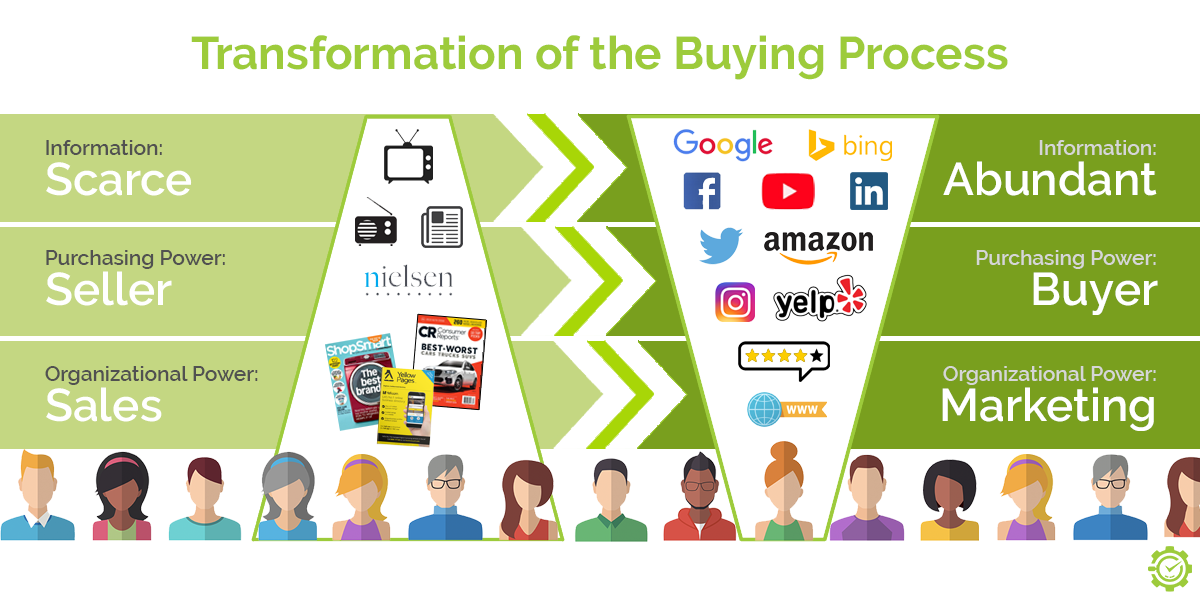Why It’s So Important To Choose an Agency You Can Trust
While many law firms have found that SEO is an excellent way to attract new clients, some are unsure how to go about it. Do they hire an agency or hire in-house SEO?
We believe the best way to harness the power of SEO is to find an SEO partner who is as knowledgeable about search marketing as your team is about the practice of law. SEO is its own science and requires many different skills, including proficiency with internet marketing and advertising tools, data analysis, educated research, writing and communications skills, campaign reporting, web programming, and several other highly sought-after skills.
What you get from a long-term working relationship with an SEO partner goes way beyond a few search rankings and some good leads. For example, a good SEO will continually monitor everything that is happening with your website’s analytics and search console to uncover insights about your traffic’s demographics and behavior. You will know what your traffic volume is, what keywords visitors searched on to get to your website, what they did when they got to your website and how many pages they visited and how long they stayed on those pages. This is just the beginning of the knowledge you will acquire about your customers. On the other hand, law firms that do not invest in SEO not only have less measurable and less valuable traffic, they also have no sense of what their potential customer’s needs are and therefore have no information about how to meet those needs. They will be marketing in the dark while your firm will be gaining more, and more valuable insights about what your customers need.
PPC vs. SEO
Some law firms feel they can bypass a lengthy and complex organic search optimization program by only buying ads on Google AdWords. What they do not realize is that website visits from paid search (called “click-through rates” or CTR) are much lower than organic CTR: paid search CTRs are roughly 3.5 percent of clicks, while organic CTRs are nearly 40 percent of clicks. Additionally, there is evidence that having both a paid search ad and an organic listing on the same page can leverage both and lead to more clicks to your website. There are many ways to structure a paid and organic campaign for maximum leverage, and an experienced SEO like TSEG will work with you to find the program that meets your goals.
What Does Google Consider “Good” SEO?
Expertise – Authority – Trustworthiness is the standard.
Google has not made a practice of telling the public how their search algorithm works or what they consider to be a well-optimized page that should go to the top of a SERP. As with so much of organic search, we were operating in the dark and drawing inference after inference gleaned from years of studying search results pages.
That is, until now. In 2019, after a year that saw literally thousands of search algorithm updates coming out of Google, the company decided to show the SEO world a little mercy and released a long memo concerning how Google evaluates the quality of content. While it’s good information to have, everyone in the search and content development worlds were struck by the rigor of the standards. The Google content standard consists of 20 questions grouped into four topics: Content and Quality, Expertise, Presentation and Production, and Comparative questions. The questions included things like:
- “Does the content provide original information, reporting, research or analysis?”
- “Does the content provide insightful analysis or interesting information that is beyond obvious?”
- “Is this the sort of page you’d want to bookmark, share with a friend, or recommend?”
- “Does the content present information in a way that makes you want to trust it, such as clear sourcing, evidence of the expertise involved, background about the author or the site that publishes it, such as through links to an author page or a site’s About page?”
- “Was the content produced well, or does it appear sloppy or hastily produced?”
- “Does the content provide substantial value when compared to other pages in search results?
Let’s break down what Google is looking for when it assembles a SERP. The operative assumption about Google’s vetting is “E-A-T”, for expertise, authority, and trustworthiness. Websites that get to the top of a SERP are well-researched, clearly written and covers the topic thoroughly at sufficient length to be useful to the searcher.
They Say “Content is King”…Is That True? How Do You Create and Optimize Content?
Because Google wants you to demonstrate E-A-T to your site’s visitors, one of the most effective ways is through quality content. By writing well-researched, informative pages that explain your company’s products or services to the reader, you can satisfy Google’s quality requirements and also (hopefully) convert site visitors to clients.
To do this yourself, you’ll want to commit to writing content that is readable, and informative. While Google has not released a “recommended word count,” you’ll want to write enough to give the reader a good understanding of what you’re offering, yet not so much that they are overwhelmed by what’s on the page.
You’ll want to structure your content so that it is readable for people viewing the site on their laptops, at desktops, or on their mobile phones. You’ll also want to interlink the pages you create so that readers can easily navigate to other pages to learn even more. This interlinking essentially creates a “wiki” out of your website, allowing visitors to flow through the site as they learn more about you and your business.
If all of this sounds like a lot of work on top of your normal daily to-do list, it can be. That’s why so many people turn to professionals like us to handle the creation of high-quality content that will help establish E-A-T.
We write content to meet and exceed Google’s quality standards, properly optimize with the recommended number of keywords per page and correctly write the meta tags, like the title tag and meta description, as recommended. It is really a process of building the content the right way, and the details are important.
Writing quality content means meeting our own rigorous standards of quality. We adhere to the grammatical and punctuation standards many content agencies are barely cognizant of. We know how to aim the content at the right level audience, never talking down to them, or writing content that pleases us and not the reader. There is no point to writing a new page for a website if there is no insightful analysis on the page. Anything else is merely more of the same, and that is not good enough. Plus, we know how the optimal length a page needs to be to garner searches and search position. Many websites have pages that are simply too short to do well in a Google SERP, or so long they dilute their own keywords.
Once we produce quality content containing insightful analysis that adds depth to your website, we carefully develop a linking strategy that connects the elements of your content together in a way that will help with page rankings. It is important to insert a page into a content strategy in the right place, with keyword taxonomies that complement each other and provide Google with insight on what the content of the website is about, and what questions it seeks to answer for searchers.
Now, you could do this for yourself, but, as you can see, the devil is in the detail. We are professional content creators and we have a well-developed quality control hierarchy that ensures we do every step correctly. When our content is posted to your site, it will immediately start working for your business.

